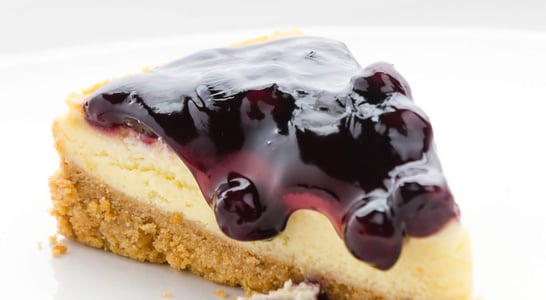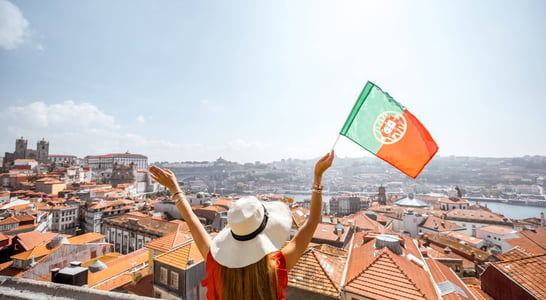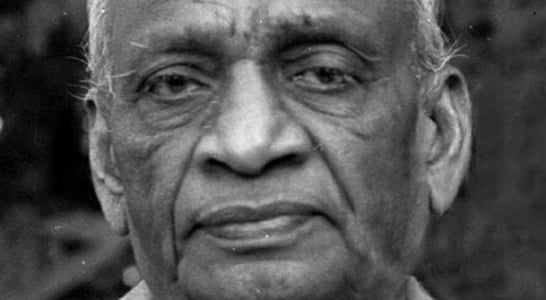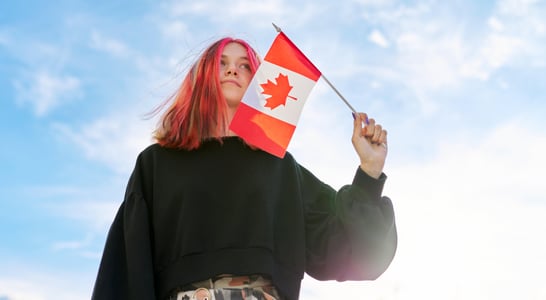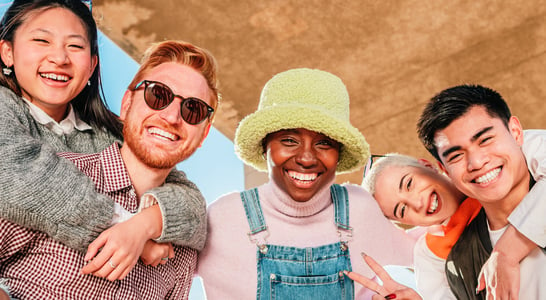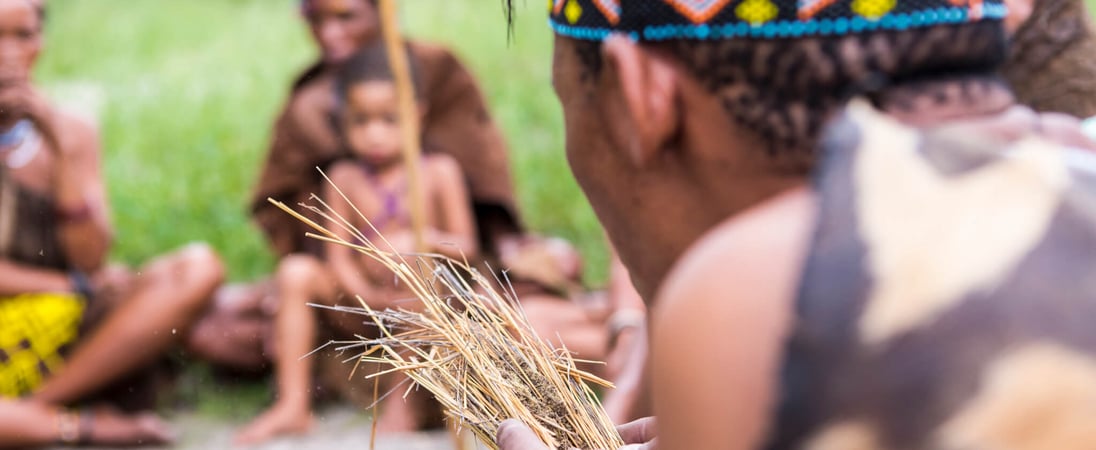
National Sorry Day
National Sorry Day is a significant event taking place in Australia. It recognizes the hurt caused to Indigenous Australians by past government policies that led to the separation of many Indigenous children from their families. This day is a step toward healing and acknowledging past mistakes.
How to Celebrate National Sorry Day
Attend a Local Event
Jump into the fun by attending a local Sorry Day event. Communities often host gatherings with speeches, music, and dances.
These events offer a chance to learn and connect. Plus, who doesn’t love a good community get-together?
Support Indigenous Art
Take a stroll through an art gallery featuring Indigenous artists. Their work tells powerful stories. Buying a piece supports their creativity and heritage. It’s like bringing a piece of history into your home.
Educate Yourself
Curl up with a good book or watch a documentary about the Stolen Generations. Understanding the past helps create a better future. Knowledge is not just power; it’s a step towards empathy.
Share Stories
Grab a cup of coffee with friends and share what you’ve learned. Personal stories spark meaningful conversations. It’s amazing how much one can learn from a chat.
Volunteer
Spend the day helping out at an organization supporting Indigenous communities. Your time and effort will make a difference, and it will feel good to give back and get involved.
Why Observe National Sorry Day
People observe this day to remember the pain and suffering experienced by the stolen generations. It reminds us of the need for continued reconciliation efforts.
By reflecting on the past, Australians aim to create a more inclusive future for all. The day is not just about remembering; it’s about taking action. Many Australians use this day to educate others about the struggles faced by Indigenous communities.
This awareness fosters understanding and unity, helping to bridge gaps and build stronger, more compassionate communities.
History of National Sorry Day
National Sorry Day began in 1998 after the release of a crucial report titled “Bringing Them Home.” This report detailed the tragic history of the forced removal of Indigenous children from their families.
These children, known as the Stolen Generations, were taken away to assimilate them into non-Indigenous society. The report highlighted the deep emotional and cultural impact of these policies.
The Australian government suggested National Sorry Day to acknowledge the pain and suffering caused by these actions.
This proposal received widespread support across the country. People embraced the idea, leading to the day being recognized nationwide. The aim was not only to remember the past but also to promote healing and reconciliation.
Every year on National Sorry Day, Australians reflect on this dark chapter in their history. They remember the struggles and injustices faced by Indigenous communities. This reflection fosters a deeper understanding and commitment to reconciliation.
By acknowledging these past wrongs, Australians hope to create a more inclusive and compassionate future for all. National Sorry Day serves as a reminder of the importance of understanding, empathy, and unity.
Also on ...
View all holidaysNational Paper Airplane Day
Grab a piece of paper, fold it up, and let fly. Challenge your friends and family to a contest, and see who can make the fastest or farthest-flying plane.
World Dracula Day
Host a Gothic party, or watch any of the great adaptations of Bram Stoker’s absolutely iconic piece of Gothic literature, the eponymous Dracula.
National Blueberry Cheesecake Day
Try making your own blueberry cheesecake, or visit a bakery or restaurant to enjoy this cheesy, sweet, tangy graham cracker-crusted treat.


